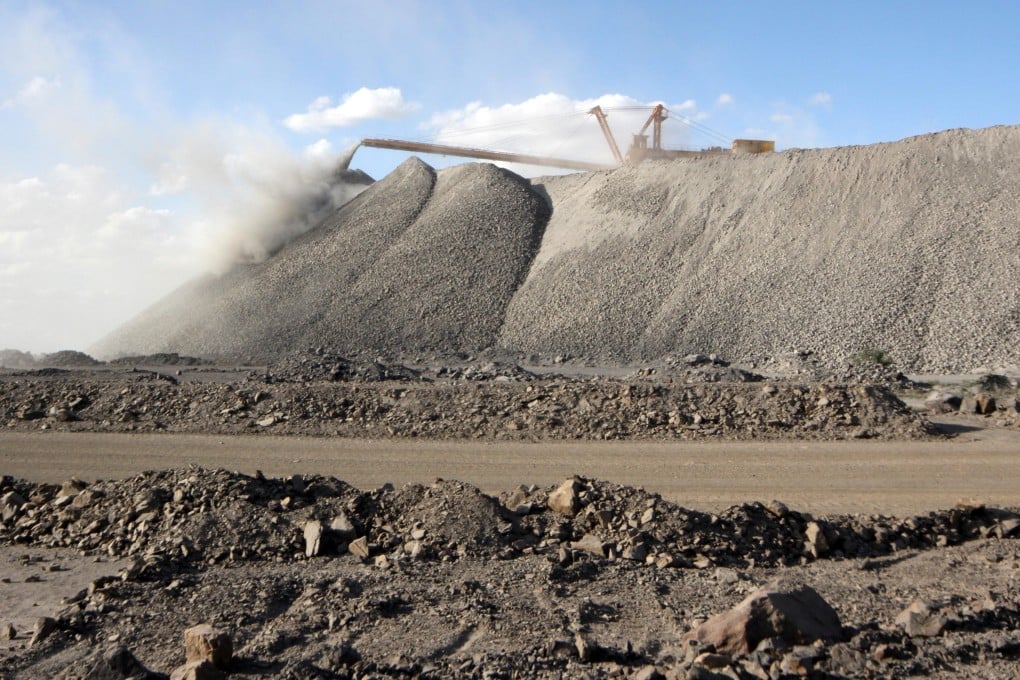Chinese scientists find faster way to extract rare earths that may also cut industry pollution
- Team’s process uses a new material to separate out the minerals used in hi-tech products – shortening extraction time from days to 20 minutes
- Material can also be recycled and will reduce production and environmental costs, according to lead researcher Sun Xiaoqi

A team of Chinese scientists has developed a new process they say significantly reduces the time needed to extract rare earths from ore, and it could also cut industry pollution.
Extracting the trace metal elements is difficult and takes days to complete, but researchers at the Chinese Academy of Sciences in Fuzhou say they have found a way to shorten the process to minutes.
The lead scientist on the project, Sun Xiaoqi, said it was an important development. “This could start a technological evolution in the rare earths industry,” he said.
The latest findings of the team from the academy’s Fujian Institute of Research on the Structure of Matter were published in Hydrometallurgy journal this month.
China has about one-third of the world’s rare earths reserves and accounts for 90 per cent of the global supply, according to the US Geological Survey. The 17 trace metal elements are critical to the manufacture of nearly all hi-tech products, from semiconductors to smartphones and stealth fighter jets.
